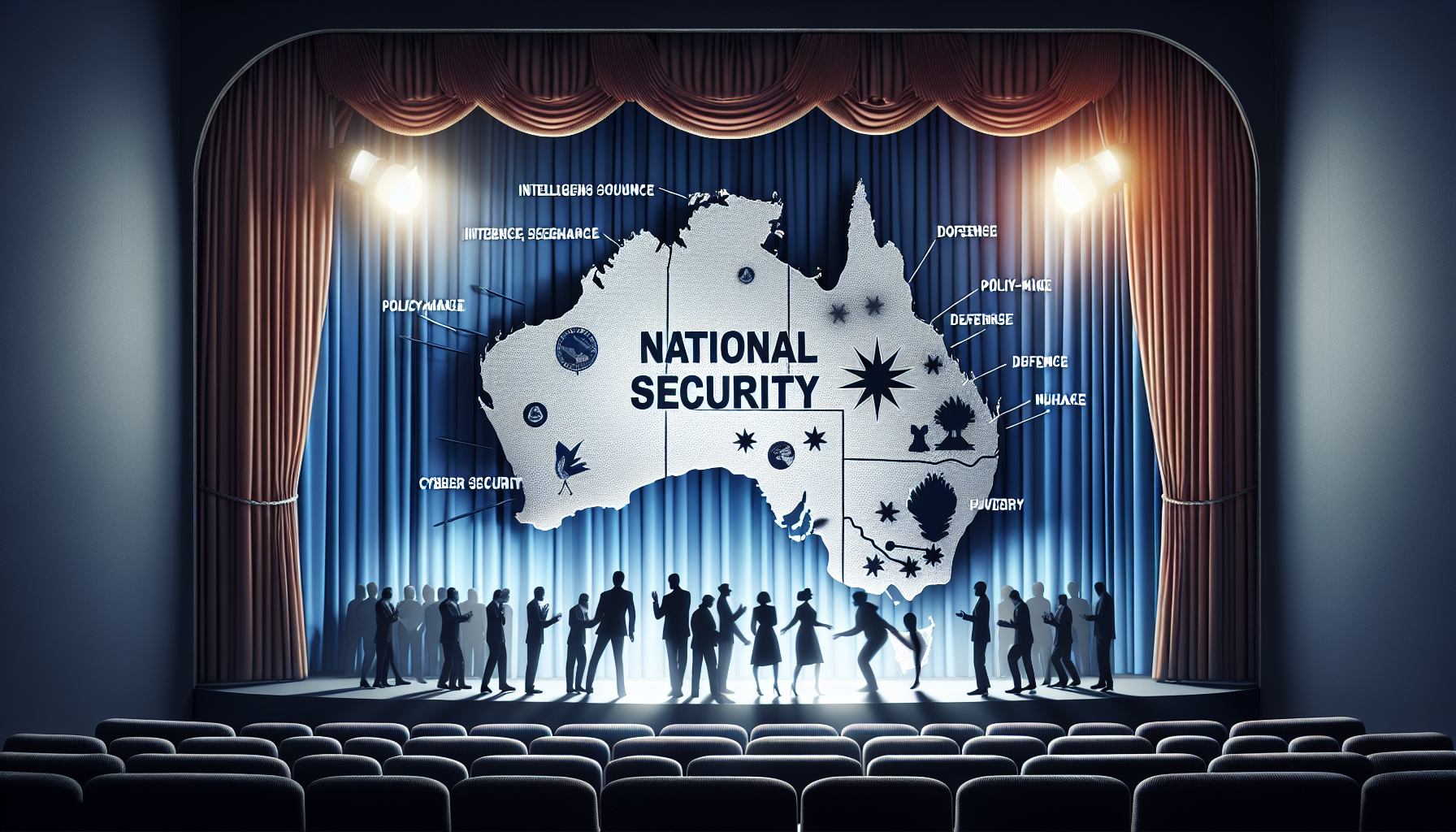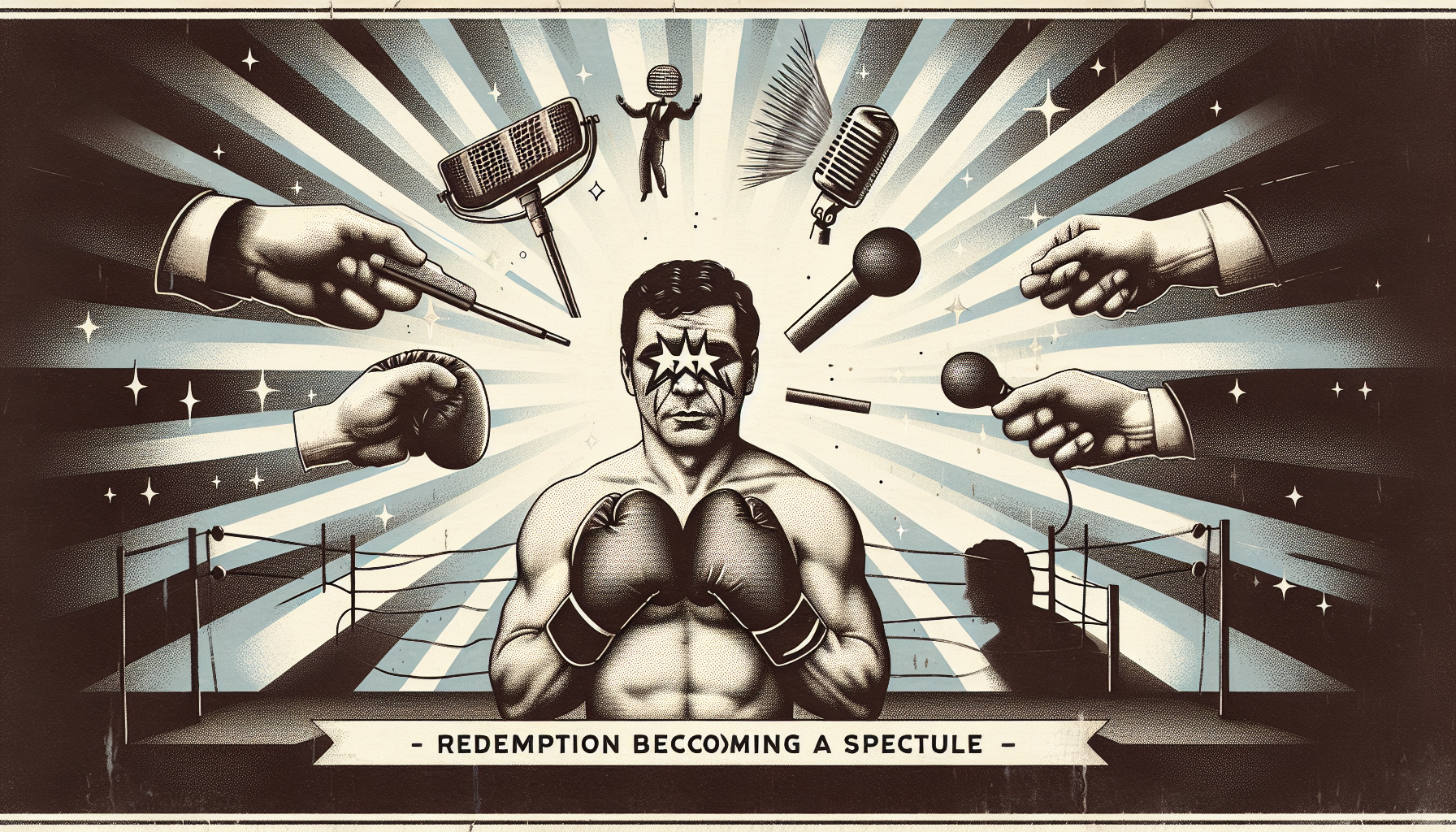Title: Signal or Spectacle? Peter Dutton, Russia, and the Theater of National Security
Dear readers,
What happens to democratic discourse when foreign policy becomes domestic propaganda? When the shadow of Russia stretches into election debates, not as a threat, but as a theatrical backdrop for political posturing?
Let’s zoom in on Australia, April 2025. As voters steel themselves for the federal election, a new Cold-War-esque narrative surfaces—this time not from Moscow, but from the mouth of Opposition Leader Peter Dutton. The claim? That Russia, potentially in cahoots with China, prefers the Albanese government remain in power. Coincidence? Convenient distraction? Let’s unpack.
💥 Detonating Discourse or Defending Democracy?
Earlier this week, Peter Dutton dropped a diplomatic grenade into the middle of Australia’s campaign trail: he alleged Russian attempts to access Indonesian military bases, claiming the Albanese government underplayed the story—or worse, silenced it. He then took it a step further, painting a vivid (if speculative) portrait of global authoritarians rooting for a Labor win.
The feedback loop was instant. The Indonesian government swiftly denied any deal with Russia. Indonesian officials pushed back saying "there’s nothing to see here," and Senator Jacqui Lambie went further—accusing Dutton of “overblowing” the situation, warning that fear-mongering “doesn’t help with stability.” The implication? In this political play, it isn’t just the facts under scrutiny—it’s the motivations.
🎭 Foreign Affairs or Fear Tactics?
Now, let’s be clear: national security should never be taken lightly. But weaponizing ambiguity to cast an opponent as weak—especially through the fog of international rumor—should not be mistaken for strength. Dutton’s narrative hinges on an unconfirmed report, perceived Russian intentions, and a populace on edge over global uncertainties.
This isn’t the first curtain call for this performance. In 2022, then-Prime Minister Scott Morrison accused Albanese of being a “Manchurian candidate”—a chilling slander more suited for Cold War cinema than modern policy debate. That backfired harder than a rented ute on a gravel road. Former spy chief Dennis Richardson even stepped in to criticize Morrison for politicizing intelligence, arguing it actually "helped" foreign powers by showing division.
Fast forward to now—Dutton seems to be flipping to the same page in the same tattered playbook.
📺 Are We Watching Governance or Gaslighting?
Here’s a question that needs asking: who’s benefiting from this political theater?
Let’s consider the broader context—cost-of-living pressures, rising housing inequality, stalled climate commitments. These are issues that require detailed, reasoned debate. But focusing the electorate’s attention on far-off enemies, on threats laced more with "maybes" than intelligence briefings, sucks the air out of serious policy discourse.
And that’s the danger. Fear is a shortcut—a low-effort campaign tool that bypasses nuance. Just as tabloids pick scandal over substance, some politicians now seem to prefer suspicion over specificity.
📌 The Real Risk
If everything is a threat, then nothing is. And when public attention is monopolized by geopolitical shadows, real issues—like the feasibility of Labor’s 1.2 million home pledge, or the effectiveness of the Coalition’s super-for-housing policy—get overshadowed.
Let’s not let them be.
One can't help but recall the media cycle around the 15-year-old in Sydney charged with attempting to facilitate contract killings abroad via encrypted apps. That’s real. Documented. Court-bound. But instead of nuance, we get sweeping, unverified claims of international conspiracies.
📉 The Trust Deficit
Ultimately, Dutton’s remarks signal not Russian influence but something more corrosive: political desperation. With trust in institutions already brittle, what message does it send when leaders play fast and loose with diplomatic narratives during an election?
When truth becomes pliable and patriotism is painted in anxieties, the electorate isn’t being protected—it’s being manipulated.
🧭 So, Where Do We Steer?
This isn’t about liking or disliking a party. It’s about demanding better from all of them. If you’re a voter, this is your moment to insist on maturity, to interrogate not just who’s yelling the loudest, but who’s offering the clearest view of the road ahead.
The 2025 campaign trail is already littered with slogans, promises, and panic. Let’s not add misinformation to the rubble.
Until next time, dear reader, when the headlines scream, read between the lines. That’s where the real story usually is.
Yours in the pursuit of clarity,
A Watcher of Words, Walls, and Warnings

